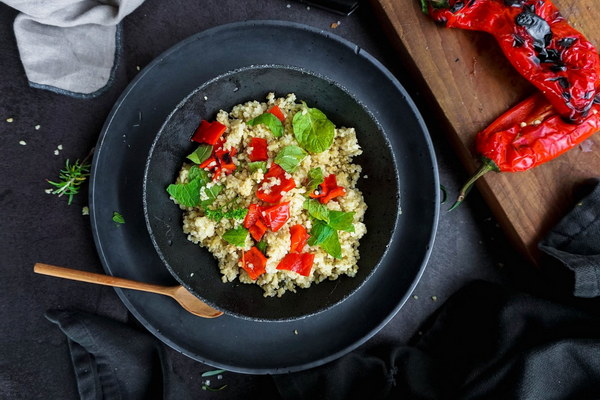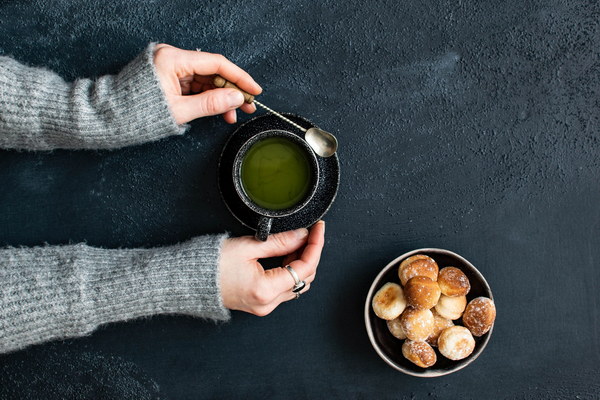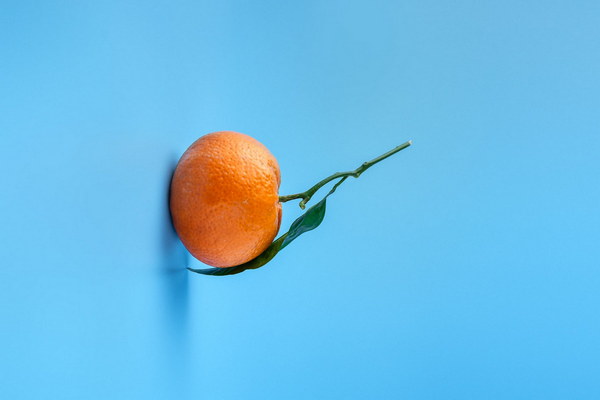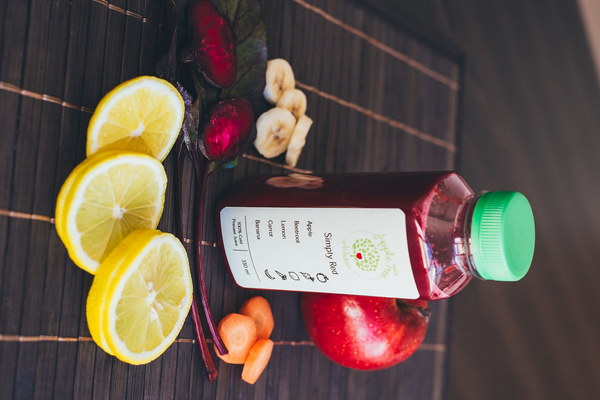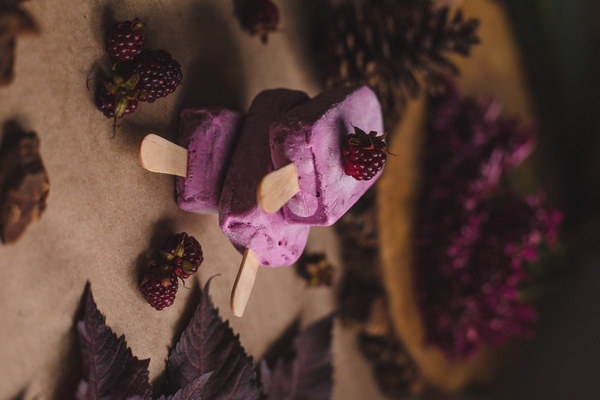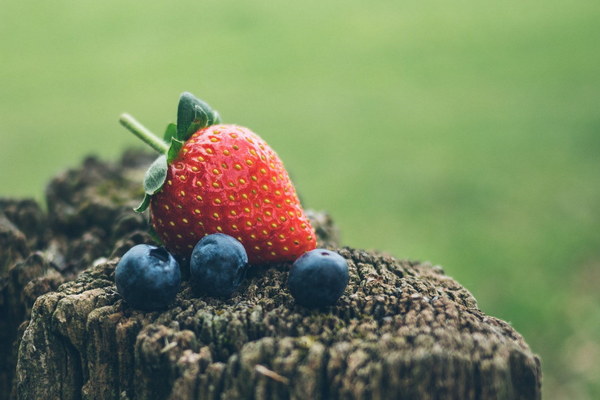Boosting Qi and Blood with Autumn Flower Teas A Natural Remedy for the Seasonal Shift
As the leaves begin to change colors and the air turns crisp, the arrival of autumn signals a shift in the seasons. This transition can bring about a variety of changes, including a decline in energy levels and an increase in common colds. To combat these effects, many turn to the soothing warmth of herbal teas. But do autumn flower teas actually have the power to replenish Qi and blood? Let's delve into this topic and explore the benefits of these delightful brews.
Autumn flower teas are a delightful blend of flowers, herbs, and spices, often infused with the essence of the season. These teas are not only delicious but also believed to offer a multitude of health benefits. One such benefit is the potential to boost Qi and blood, which are essential for maintaining overall health and well-being.

Qi, also known as Chi, is a concept in traditional Chinese medicine that refers to the vital life force that flows through the body. A balanced Qi is crucial for good health, as it governs bodily functions such as digestion, metabolism, and the immune system. Blood, on the other hand, is responsible for transporting nutrients, oxygen, and hormones to various parts of the body. When Qi and blood are depleted or imbalanced, it can lead to various health issues, including fatigue, weakness, and a weakened immune system.
So, how do autumn flower teas help to replenish Qi and blood? Here are some of the key ingredients and their potential benefits:
1. Chrysanthemum: Known as the King of Autumn, chrysanthemum is a popular flower tea with a rich history of traditional use in China. It is believed to nourish the liver and improve vision, as well as to boost Qi and blood. Chrysanthemum tea is also known for its calming properties, making it an excellent choice for those who struggle with anxiety or stress.
2. Peony: Peony tea is made from the petals of the peony flower and is known for its ability to nourish the liver and blood. It is believed to help alleviate menstrual cramps and improve mood, while also supporting overall Qi and blood balance.
3. Lily: Lily tea is a sweet, aromatic blend that is believed to have a cooling effect on the body. It is often used to nourish the heart, calm the mind, and improve digestion, thereby supporting Qi and blood health.
4. Rose: Rose tea, with its delicate aroma and flavor, is believed to have astringent properties that help to tonify the blood. It is also known for its ability to alleviate anxiety and stress, promoting emotional well-being.
5. honeysuckle: Honeysuckle tea is made from the flowers of the honeysuckle plant and is believed to have a cooling effect on the body, making it a great choice for those with heat-related issues. It is also thought to boost Qi and blood, as well as support the immune system.
While there is limited scientific evidence to support the direct link between autumn flower teas and Qi and blood replenishment, many individuals swear by their benefits. These teas are often consumed as a part of a broader wellness routine, which may include diet, exercise, and other complementary therapies.
In conclusion, while there is no concrete evidence to suggest that autumn flower teas can directly replenish Qi and blood, their potential health benefits, such as stress relief, immune system support, and overall well-being, make them a delightful addition to any seasonal wellness routine. So, the next time you're sipping on a warm cup of autumn flower tea, take a moment to appreciate its potential to nourish your body and soul.
